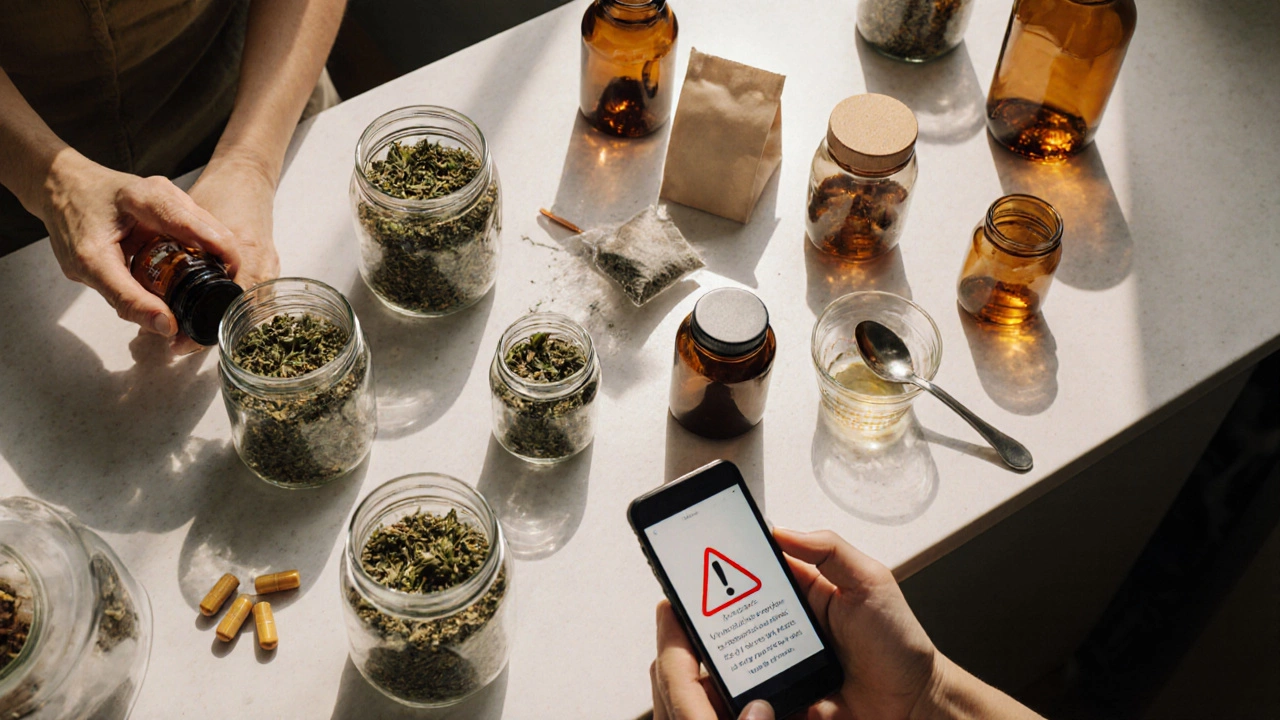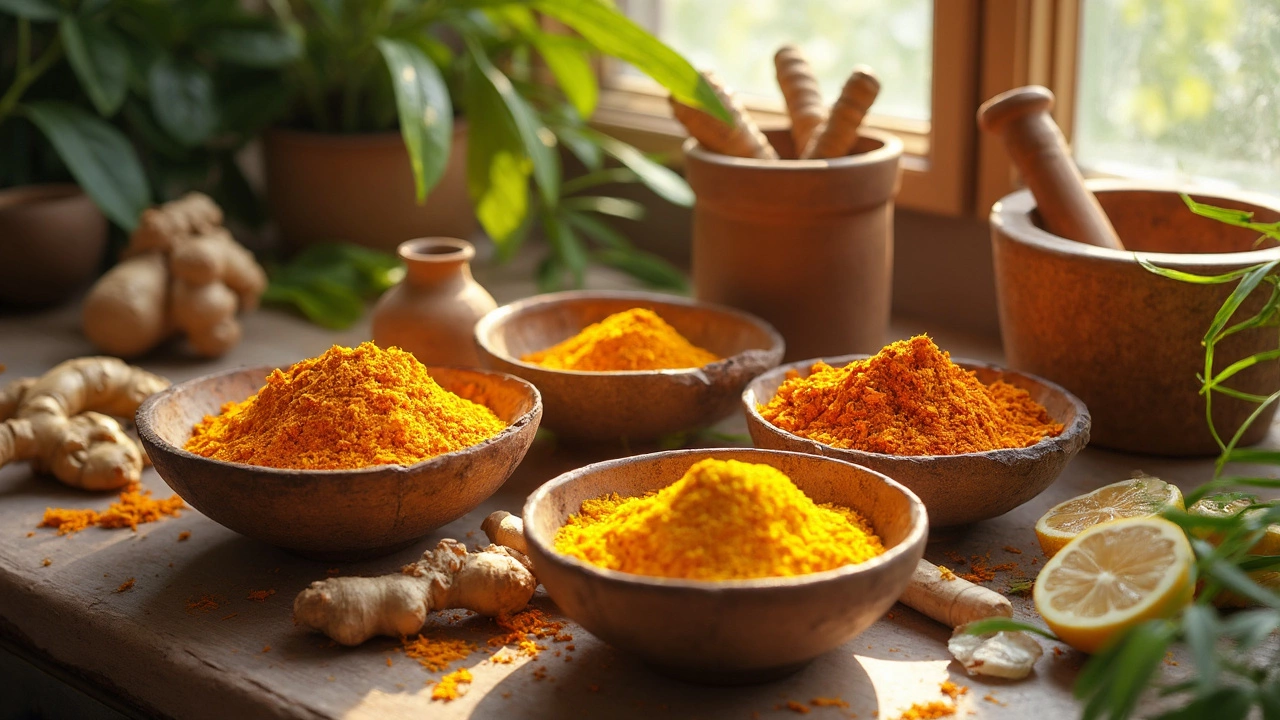Herbal Supplements – The Good, The Bad, and The Practical
If you’ve ever reached for a bottle of turmeric pills or a powder called ashwagandha, you’re already part of the herbal supplement crowd. People love them because they feel natural, easy to find, and often cheaper than prescription drugs. But natural doesn’t always mean safe. Let’s break down what works, what can hurt, and how to choose wisely.
What Makes a Herbal Supplement Worth Trying?
First off, look for a clear reason. Do you want more energy, better sleep, or support for a specific condition like joint pain? When a supplement has a well‑studied ingredient—think ginger for nausea or green tea extract for metabolism—it’s easier to trust. Check if reputable labs have tested the product for purity; a third‑party seal (like USP or NSF) is a good sign.
Second, dosage matters. Many articles, including our "Best Diabetic Pill" guide, warn that too much of a good thing can backfire. Follow the label, and if you’re unsure, ask a pharmacist or doctor. Remember, supplements add to what you already eat, so you don’t need to double‑dip on the same herb.
When Herbal Supplements Can Turn Dangerous
Some herbs can stress your kidneys, especially if you have existing kidney issues. Our own piece, "Herbs That Harm Your Kidneys," lists culprits like aristolochic acid, certain Chinese herbs, and high‑dose licorice root. Even popular ones like ginseng can raise blood pressure if you take too much.
Ayurvedic medicines face similar scrutiny. In the "Are Ayurvedic Medicines Safe?" article we explain that many products contain heavy metals or undisclosed pharmaceuticals. If a brand can’t show a safety certificate, skip it. Also, avoid anything that claims to cure serious diseases overnight—no supplement can replace a doctor’s advice for heart surgery, cancer treatment, or diabetes management.
Watch for interactions. If you’re on blood thinners, herbs like garlic, ginger, and ginkgo can increase bleeding risk. Combine that with prescription meds, and you could end up in the ER. A quick chat with your doctor before starting any new supplement can save a lot of trouble.
Lastly, be skeptical of “miracle” marketing. If a product promises rapid weight loss, instant immunity, or permanent joint repair, it’s probably too good to be true. Real results come from consistent use, proper diet, and lifestyle changes—not a single pill.
So how do you pick the right supplement? Start with a trusted source—pharmacies, reputable online stores with clear return policies, and brands that list all ingredients and their amounts. Read reviews, but focus on those that mention side effects or lack of results.
In short, herbal supplements can boost health when you choose wisely, stick to recommended doses, and keep an eye on your body’s reaction. If anything feels off—stomach upset, unusual bruising, or kidney pain—stop and seek medical help.
Got more questions? Browse our other tag articles on herbal safety, Ayurvedic standards, and natural wellness. The more you know, the better you’ll feel about the supplements you decide to use.
















